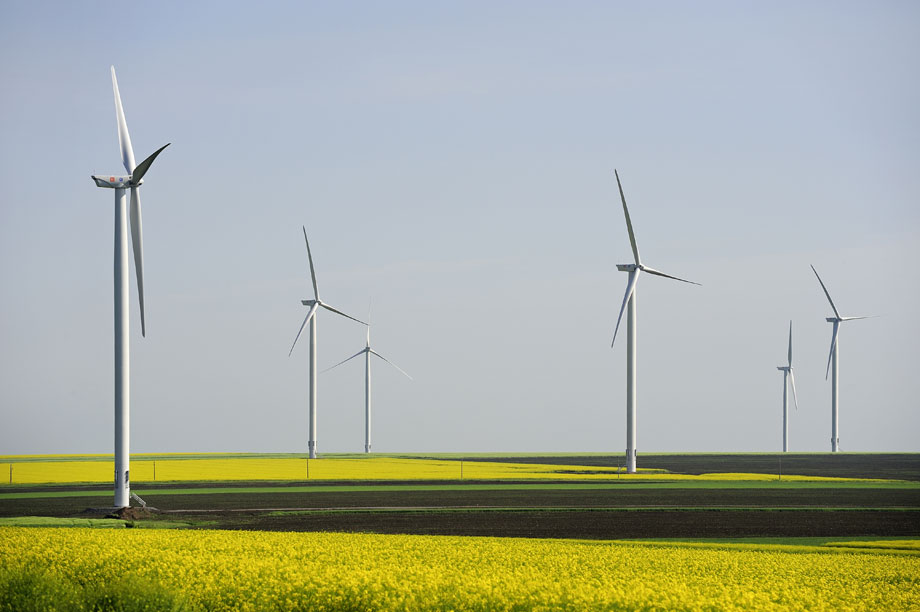Perhaps more than the planned cuts themselves, investors are worried that uncertainty concerning the market framework could continue for several months or more given the slow pace at which Romania has been known to change laws.
Romania would have to get European Commission approval for the changes in the incentive framework to go into effect, but its track record for getting the go-ahead for legislation in Brussels quickly and smoothly is not strong. It took roughly two and half years for the government to gain final European Union approval for its current market framework.
According to the draft law, the maximum price for green certificates would be cut from the current EUR 55/MWh to EUR 30/MWh. The planned change is crucial because the maximum price has been the going rate for certificates and had been expected to remain so for the next few years. The minimum price would remain unchanged at EUR 27/MWh, although market players have pointed out that the minimum price is actually not a floor — there is no guarantee that the price of green certificates could one day dip below that if there were no certificate buyers. There is no buyer of last resort.
Observers say it is hard to predict whether the legislation, which has already been changed from an initial version and is likely to be subject to further adjustments, would also cut the number of green certificates issued.
Wind farms are supposed to receive two green certificates per megawatt hour of production through 2017. Romanian energy regulator ANRE is expected to be the only authority in Romania with the power to assess both whether producers are being overcompensated and whether the number of green certificates made available to specific renewable energy technologies should be cut.
Certificates
However, a footnote to the law cites a government evaluation that for some technologies, a smaller number of green certificates would be sufficient. For wind, the government has estimated that one or 1.5 certificate per megawatt hour would be enough.
"The fact that this issue of a reduced number of green certificates is already being raised by the government in footnotes is a reason for concern for investors," said Bryan Jardine, managing partner of the Bucharest office of law firm Wolf Theiss. "Some companies who were actively looking to invest are taking a more wait-and-see approach."
The Romanian Wind Energy Association (RWEA) is pushing the government to withdraw the legislation. "The energy regulator believes the current law works well," said RWEA director Ionel David. In the meantime, uncertainty has already clearly taken its toll. "The market is frozen."
However, Romania is still the leading wind market in the fledgling eastern European market, with 900MW set to come online this year. The fear is that its actions could have a domino affect on the region's other countries, which are seen as vital for the growth of Europe's wind industry.

.png)


.png)










